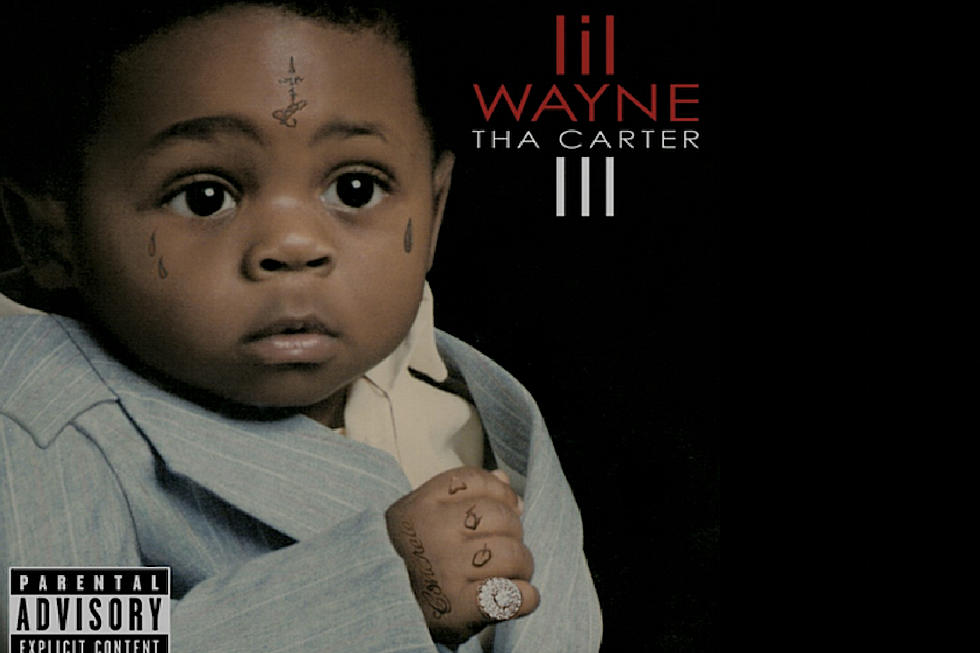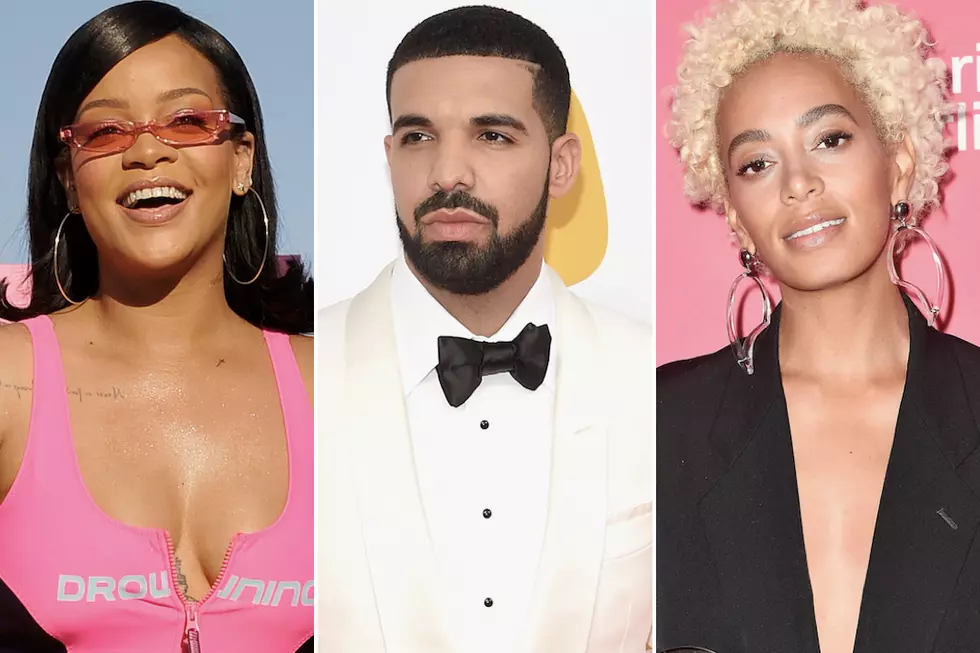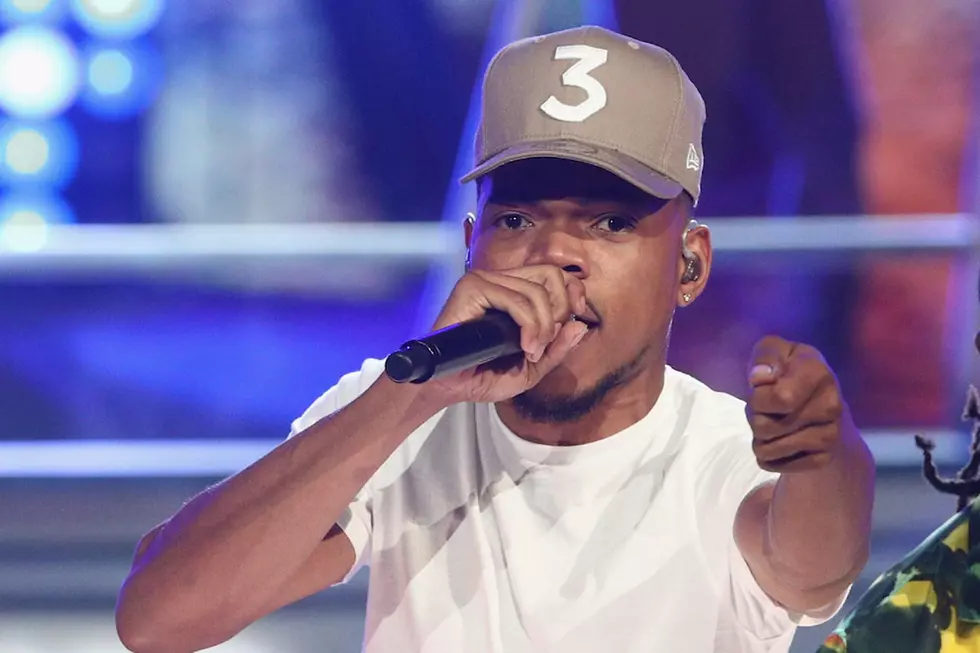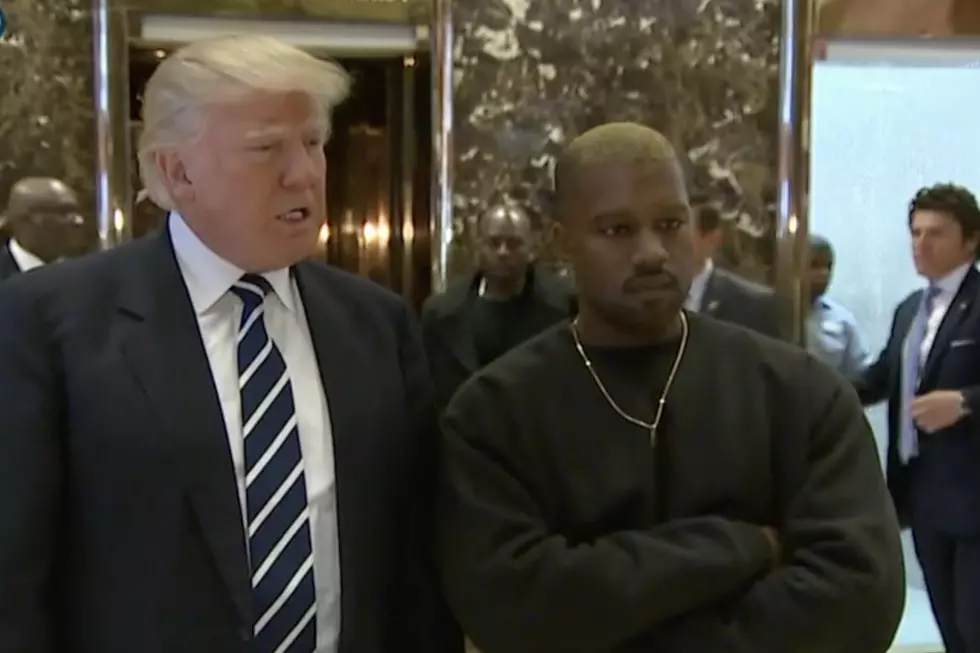
Lili K on Sexism, Sharon Jones and Collaborating with Chance The Rapper
Lili K may be an unknown artist to most. But in the streets of Chicago, she's made quite a name for herself and was even named TIDAL's first ever Rising Artist. Originally from Wisconsin, she started her musical path from an early age while attending performing arts school. She then got her bachelor's degree in Arts, Entertainment, and Media Management at Columbia College Chicago, and it was there that she stepped into a hot bed of musical talent that included Chance the Rapper and Vic Mensa.
"It’s really cool to see people you’ve worked with closely go from being another friend of yours to being the biggest star," she tells The Boombox. "It’s a really crazy thing to experience."
Lili K now has her eyes set on making her mark with Planet of Flowers, the follow-up to her debut album, Ruby. We chatted with the 25-year-old singer-songwriter about the new record, tackling sexism on "Magic" and her work with Chance.
There is a vintage jazz tone to your voice. How did jazz inspire you?
I was introduced to jazz when i was in middle school so I was 12, and I was told to listen to Ella Fitzgerald. Then I did, and that’s when my voice started to make sense to me. Before that, I had mainly listened to Motown and gospel, really big voices and beautiful singing. And I didn’t know there was another element of music that was softer and had more phrasing like a lot of the jazz genre. It was really Ella Fitzgerald that was my segway and my guide to the world of jazz. I think a lot of my phrasing and my sound is thanks to her.
But listening to more of the genre and discovering Nat King Cole and, in turn, Natalie Cole. Then there was also Billie Holiday. I really just listened to jazz more and studied it. But I studied more than just singers. I was listening to horn players and learned to make horn lines with my voice. That’s when I really found my sound.
When did you realize that music was going to be a career for you?
Well, I was lucky enough to go to performance artist middle school and high school. And so because of that I had teachers and an environment that really encouraged creativity. They didn’t only give us the tools but also the encouragement to believe in ourselves in enough to try our hand at being artists. So since high school, I was really set on doing something with music -- whether it was performing or writing. I just knew I had to be involved with music somehow. Otherwise, I just wouldn’t be happy. So when I went to college. I started going out and see the Chicago music scene. There’s so much collaboration, and that’s when I started to really believe it could happen, especially with artists and getting recognition on blog posts.
Touching on Chicago’s music scene, it’s a pretty robust one with a bunch of big names coming out of there more recently. So how do you feel being in that city has helped you hone your craft? And what is the music community really like there for a non-local?
I feel like I remember when I first entered the Chicago scene, I worked with Chance [the Rapper] and working with Vic [Mensa]. We were all kind of on the same level. It’s really cool to see somebody you’ve worked with on a one-on-one level blow up. It’s an inspiring thing.
Chicago in general has so much talent. There’s, of course, the talent on the surface, especially in the hip-hop scene. But there’s so much more that’s buried under because there’s so many artists that it’s hard for everybody to get their shine. There’s an amazing jazz scene here and an amazing soul scene here. We support one another. It’s awesome to work with other people who help you work at your own craft. So I’m super grateful to be part of the Chicago music scene.
Speaking of Chance the Rapper, you collaborated on the song “Hey Ma,” which was recorded before he became a household name. What was it like working with him back then? What did you teach each other as you were rising up in the ranks?
It was one of my first collaborations in hip-hop. And I’ve always loved hip-hop, but I’m not a hip-hop artist. So it was really awesome to be able to do the collaboration and work in a genre that I love and bring myself into it. I do think what we did was awesome on “Hey Ma” and on “Pusha Man,” which is on Acid Rap. Collaborations are always awesome and putting our talents together.
How do you go about figuring out your musical direction?
With this new album, we’re going into it without any genres in mind. So my band and I are writing this album together. So it’s definitely a group effort, which is great because we have influences from all of our pasts and sounds. Everything we’ve done as individuals we’re bringing to the table to the album, which is awesome. I’ve able to grow a lot and mature a lot and went into without these barriers of “our genre.” We don’t go into a song and go “Oh no, this sounds too pop or sounds too rock.” We just create without worrying about what genre it falls into. That’s the thing about this project. All of us are rooted in jazz and soul and gospel; so it’s very rooted in that.
What is “Magic” is about?
“Magic” was my response to sexism and misogyny and rape culture that unfortunately exists very heavily in this world. It’s about men stealing women’s magic. I won’t say all men because good men don’t do those things. It’s just that “boys will be boys” type mentality where women have their magic stolen from them.
Delving into sexism on “Magic,” how do you feel about being a female artists in the music industry right now? Is it getting better?
I don’t know if things are getting better or not. There are a lot of phenomenal artists who are successful and seem like they’re on top of it in the industry, and that’s awesome. But there are still issues that female artists have to deal with all the time. I get backlash more than male artists because of my appearance. You’re told you need to lose weight, or you’re told to look a certain way. And these issues are still very relevant, as far as being a woman artist. And that can be in any field but particularly in music. I’m lucky enough to deal with people who respect me. So I haven’t totally been disrespected everywhere I go. But there are times. When we’re touring, there are sound guys who think I don’t know things so they talk to my band instead of me -- little things like that. People might not see that as overtly sexist, but in a way, you kind of are.
What can you tell us about your upcoming album, Planet Of Flowers?
What I’m most excited about is just how mature the sound is compared to my last album, Ruby. Planet Of Flowers, which I said earlier, was created without the bounds of genre. I love how it’s coming together. We have a few collaborations on there. It’s not many, none that I can really talk about right now. But I’m very excited for it to come out and show what we’ve been working on. We’ve been kind of quiet for a little while, just honing our crafts and getting the songs to where we want them to be.
Subject matter-wise, we do love songs and heartbreak songs. There are definitely a few on social commentary on issues like racism and oppression. There’s “Magic,” which is about sexism. So there are a few political-type statements on the album, which I’m happy that I’ve been able to find my voice [in order] to express my views on these issues.
Taking a look at your Instagram, I saw that you got engaged. Congratulations!
Oh thanks!
But there’s one post that struck me where you posted a photo of you and your fiance with a caption calling out all the haters. Since you talk about racism on the album, what are the obstacles of being an interracial couple in today’s world?
The only backlash that I’ve experienced was from people who were racist. I’ve gotten nothing but support from people, but unfortunately, racism is still alive and well in this country. It sucks, and that’s why I’ve been vocal about racial injustices, whether they’re on a citizen level or governmental level. That particular incident you’re talking about I had made a statement online, and I was just asking my fellow white people to listen to black people about a situation they don’t understand. It was after the Milwaukee uprising after a cop shot another black man. So I got a lot of backlash from a lot of white people from Twitter and saying derogatory things about me, about my “black boyfriend.” And so I posted that photo saying, “Haha, joke’s on you because he’s my amazing fiance.” It’s a difficult thing to do, and I guess I’ll have to deal with it for a while because that’s how a lot of people think in this country. But the best we can do is speak up against it and open their minds up.
You also posted a little tribute to Sharon Jones after she passed away a couple of weeks ago. How did she influence you as an artist?
Seeing her live is one of the best shows I’ve ever seen. I remember seeing her when I was randomly in New York between middle school and high school. Then I picked up the newspaper that day, and I never read the newspaper. But I found out that there was a free Sharon Jones concert. You just had to get there on time. The people I was there with didn’t want to go. So little me, I figured out how to go on the train, and I got to see her live. It changed my life -- her energy, her personality, just the love and passion she had for the music. It’s crazy to witness. I became obsessed seeing live. It just changed my life completely. Every time she’d play in the city, I’d be there. Just watching her, she makes you feel like you’re on top of the world, like a million times better. That’s what I kind of adopt into my shows, and hopefully one day, I’ll be a phenomenal performer like she was. But my goal with my live shows is that people feel better when they leave and more than when they arrived.
More From TheBoombox



![Chance the Rapper Says Beychella Surpassed Michael Jackson’s Legendary Performances [VIDEO]](http://townsquare.media/site/625/files/2018/05/Chance-the-Rapper-Dillard-University-Speech-.jpg?w=980&q=75)





